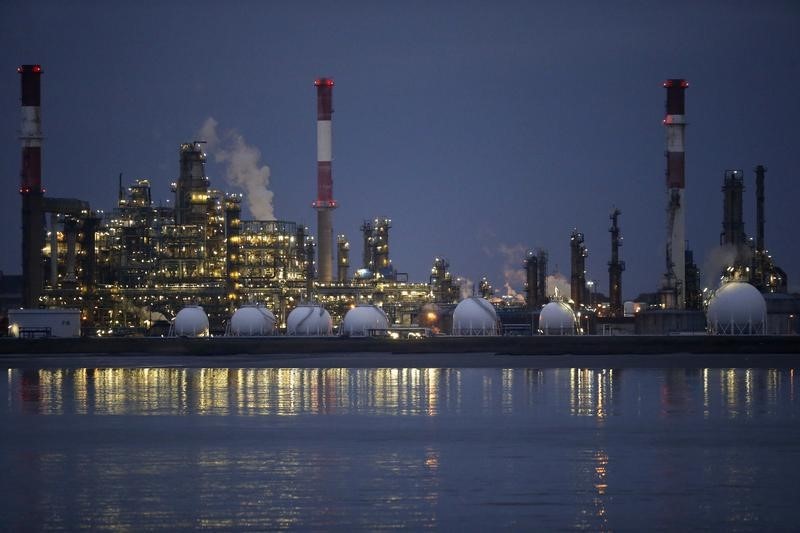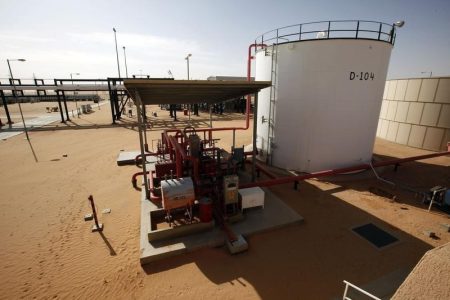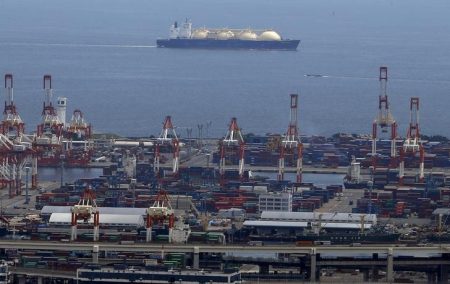Investing.com — Oil prices rose on Friday after wild swings through the week as markets weighed tightening supplies and uncertainty over demand, with focus now shifting squarely towards a Federal Reserve meeting next week.
Crude prices were set to end higher for the week as new stimulus measures from China ramped up hopes of improving fuel demand in the world’s largest oil importer. Oil prices also remained close to 10-week highs hit earlier in the month, as the prospect of tighter global supplies appeared to have provided markets with a floor.
But caution over an upcoming Fed meeting still stymied any major gains in oil markets, especially as the rebounded amid positioning for the meeting. The greenback had this week risen sharply from a 15-month low hit earlier in July.
futures rose 0.9% to $80.36 a barrel, while futures rose 0.9% to $76.36 a barrel by 22:16 ET (02:16 GMT).
China stimulus, tightening supplies in focus
Oil prices took some support from bets that China – the world’s largest crude importer – will roll out more stimulus measures to buoy a slowing economic recovery.
The country unveiled new measures on Friday aimed at promoting local spending, particularly in the automobile and consumer discretionary sector. Beijing has vowed to shore up local consumption in order to sustain an economic rebound this year.
Data released earlier this week showed that slowed sharply in the second quarter, drawing vows of more fiscal support from government officials.
The country also imported near-record amounts of crude through the first half of 2023, with refinery demand remaining strong. Sluggish Chinese fuel consumption, on the other hand, has been a source of anxiety for oil markets.
On the supply side, lower production in Saudi Arabia and Russia pointed to tighter oil markets in the second half of 2023, which analysts said is likely to keep oil prices supported.
Fed meeting awaited, markets watch for potential pause
While the Fed is widely expected to when it concludes a two-day meeting on Wednesday, markets are watching for any signals that the central bank plans to end its rate-hike cycle and for the rest of the year.
The prospect of a Fed pause, following weaker-than-expected , had triggered sharp gains in oil prices earlier in July, as the dollar retreated. Any dovish signals from the central bank could spark more gains in crude markets.
But with U.S. rates likely to remain higher for longer, markets were also concerned that global economic conditions will worsen in the second half of 2023, potentially hurting oil demand.
Read the full article here















